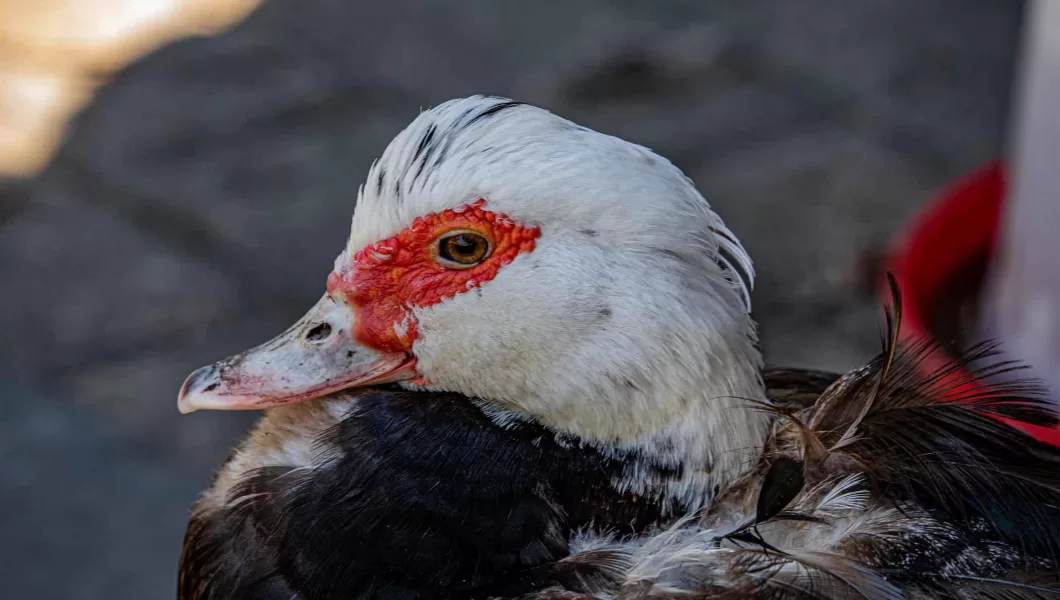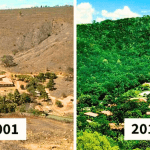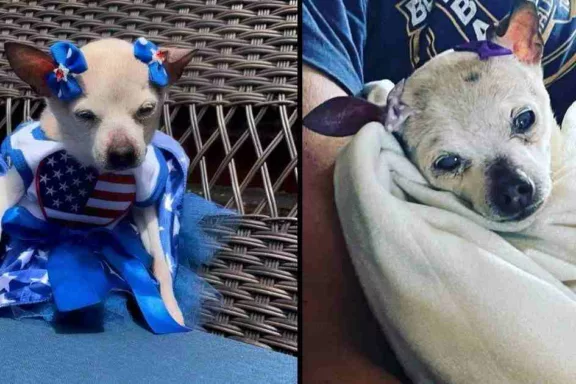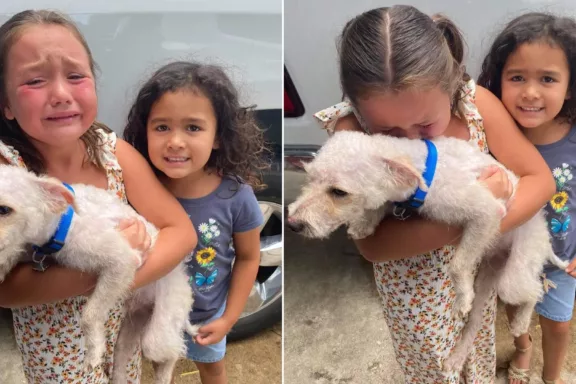Irma’s Another Story
First, let me start by sharing the heartening news that Irma and Harvey, our dynamic duck duo, are in excellent spirits, always found together, and engaged in their usual ducky pursuits. However, I must share some somber news that has weighed heavily on my heart. Ruddy Russo, affectionately known to some as “Flash Gordon,” has departed from our midst. I hesitated to share this information in my previous post, wanting to be absolutely certain. Upon our return from Bangladesh, I observed his absence. Ruddy was a robust, hefty drake, easily recognizable by his distinctive limp, and he was a true homebody. He rarely ventured far from my dwelling, typically residing either in the front pond or, in the back pond, just behind my house.
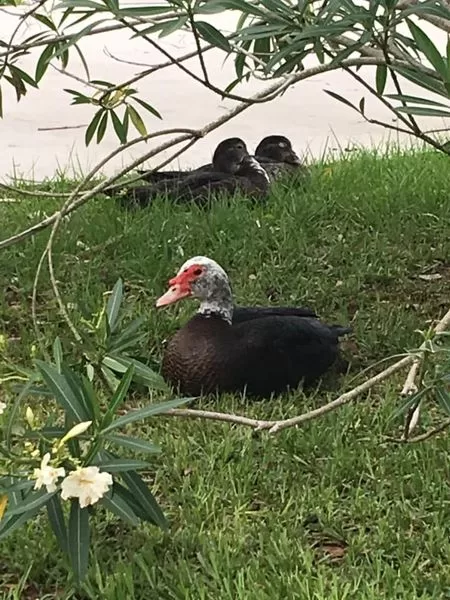
I went to great lengths to search for him, even exploring the pond behind the cul-de-sac neighborhood down the street where Irma once led me to Harvey, but my efforts yielded no results. Ruddy’s absence is puzzling and deeply saddening. He was such a large, cumbersome fellow, and his inclination for home made it inconceivable that he would remain away for such an extended period. I can’t help but suspect that a predator may have claimed him. It’s a disheartening chapter in the story of our duck community.
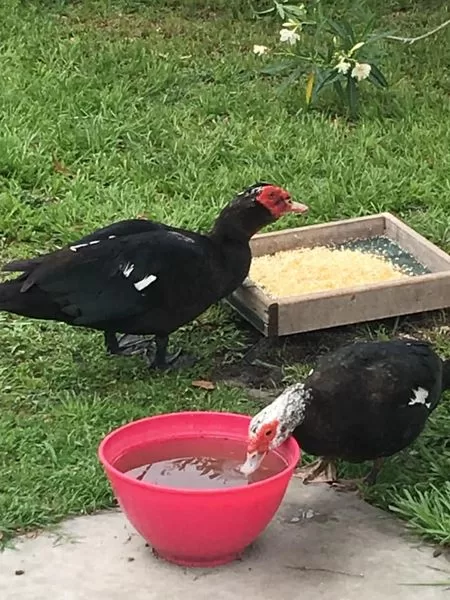
Regrettably, the tale takes another sorrowful turn. Upon our return from vacation, I was overjoyed to find the little black mama duck still caring for her six ducklings, hatched just a day before our departure. Yet, as you may recall from my previous post about Irma, tragedy struck as one of the ducklings fell prey to an unseen threat, leaving five remaining. In the following days, another disappeared, and then yet another, along with the little black mama herself, leaving only three vulnerable ducklings, their plaintive squeaks and huddled formations now a poignant sight as they wandered the front pond.
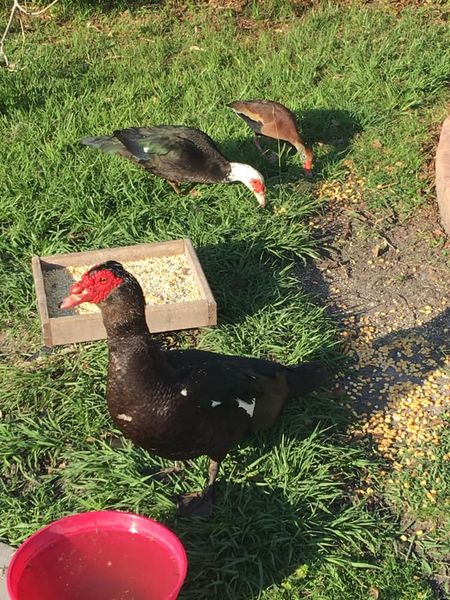
In an effort to support them, we provided food and checked on them diligently, twice daily. Despite the odds stacked against them, these two survivors have defied expectations, growing stronger with each passing day. Remarkably, one of the Muscovy females, bearing a striking resemblance to Irma, has taken on the role of an informal guardian. She spends part of each day with the orphaned ducklings, ensuring they receive their fair share of sustenance. Her protective presence warms our hearts.
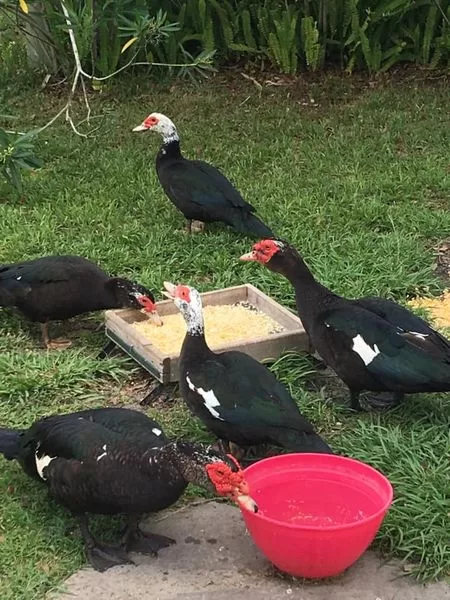
Yet, the enigma of the predator remains unsolved. We’ve implemented security measures, including surveillance cameras and a Ring Doorbell system that offers a crystal-clear view of our surroundings. We also utilize a neighborhood app that facilitates information and photo sharing among residents. Interestingly, not far from our tranquil neighborhood, a resident reported a sighting of a Florida panther in their yard—a rare occurrence given the dwindling population (recent estimates suggest less than 200 in Florida). This newfound presence has stirred both excitement and concern, particularly for our cherished Muscovy ducks, including Irma and her companions. Muscovy ducks, known for roosting in trees, could be seen as tempting prey for a panther, especially if caught off guard.
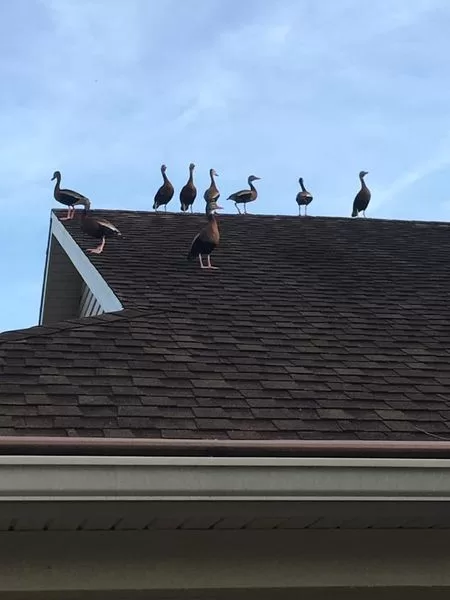
The daily routine of our duck community, with some members leisurely resting by the pond, adds an element of vulnerability to their situation. During my early morning return from work at 4:00 AM, I illuminate the pond banks with my bright headlights, conducting a quick sweep before turning into my driveway. There, I often find them, peacefully asleep, seemingly without a worry in the world.
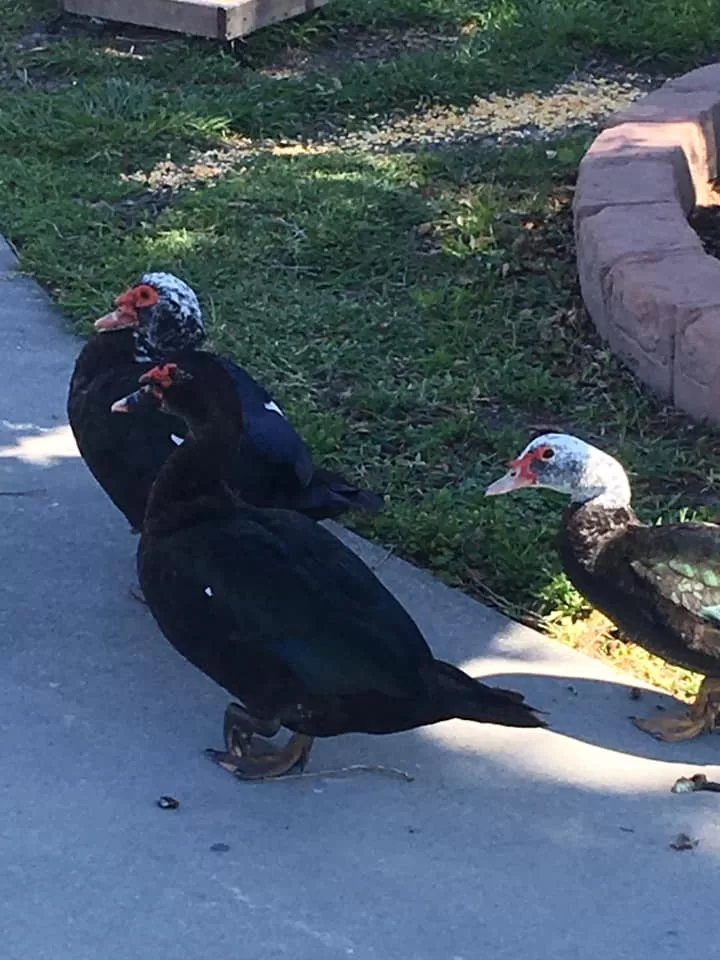

In the grand scheme of things, we recognize that Mother Nature follows her own course. Nevertheless, the anxiety for these creatures, and especially our spirited Irma, remains an ever-present companion. She has, without a doubt, captured our hearts with her sassy demeanor and unwavering spirit. As we navigate the ever-evolving dynamics of our duck community, we hold onto hope that they will continue to thrive and persevere in the face of nature’s challenges.
Credit: Joy Anne Trent
More: Irma Duck’s page


